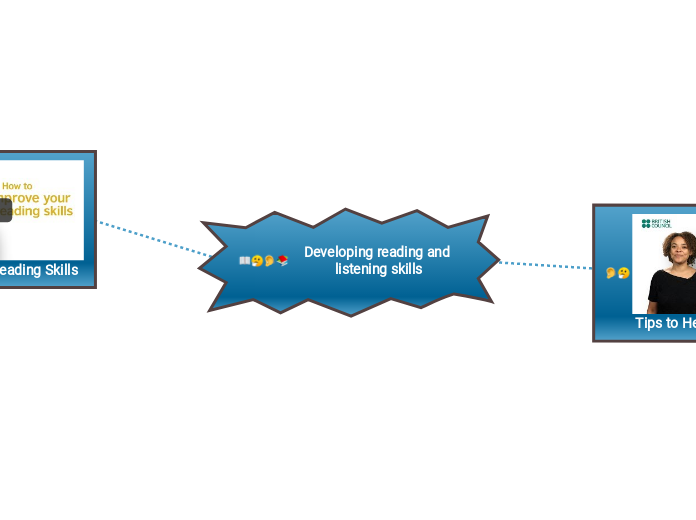Developing reading and listening skills
Tips to Help Listening Skills
If we explicitly taught listening skills to every child, we would likely see benefits in terms of their ability to acquire knowledge and skills in a range of contexts.

Get planning and preparation right!
Before seeking to teach listening skills, it’s vital that educators ensure that the right environment is established in which listening can take place.
Always consider:
Do any of your students have a physical limitation that makes listening difficult and which requires extra support?
Are there lots of external or background noise which makes audio content difficult to hear?
Is the audio equipment used to play or to listen to the audio material of sufficient quality?
Does the audio material meet the lesson requirements in terms of quality, content, and vocabulary? Is the speaker clear?
Are there cues that enable students to pick up what they can without trying to translate every word?

Building listening skills in foreign language learning
Go beyond fact-based questions
Support better note-taking
Don’t just press play!
Springboard into other activities
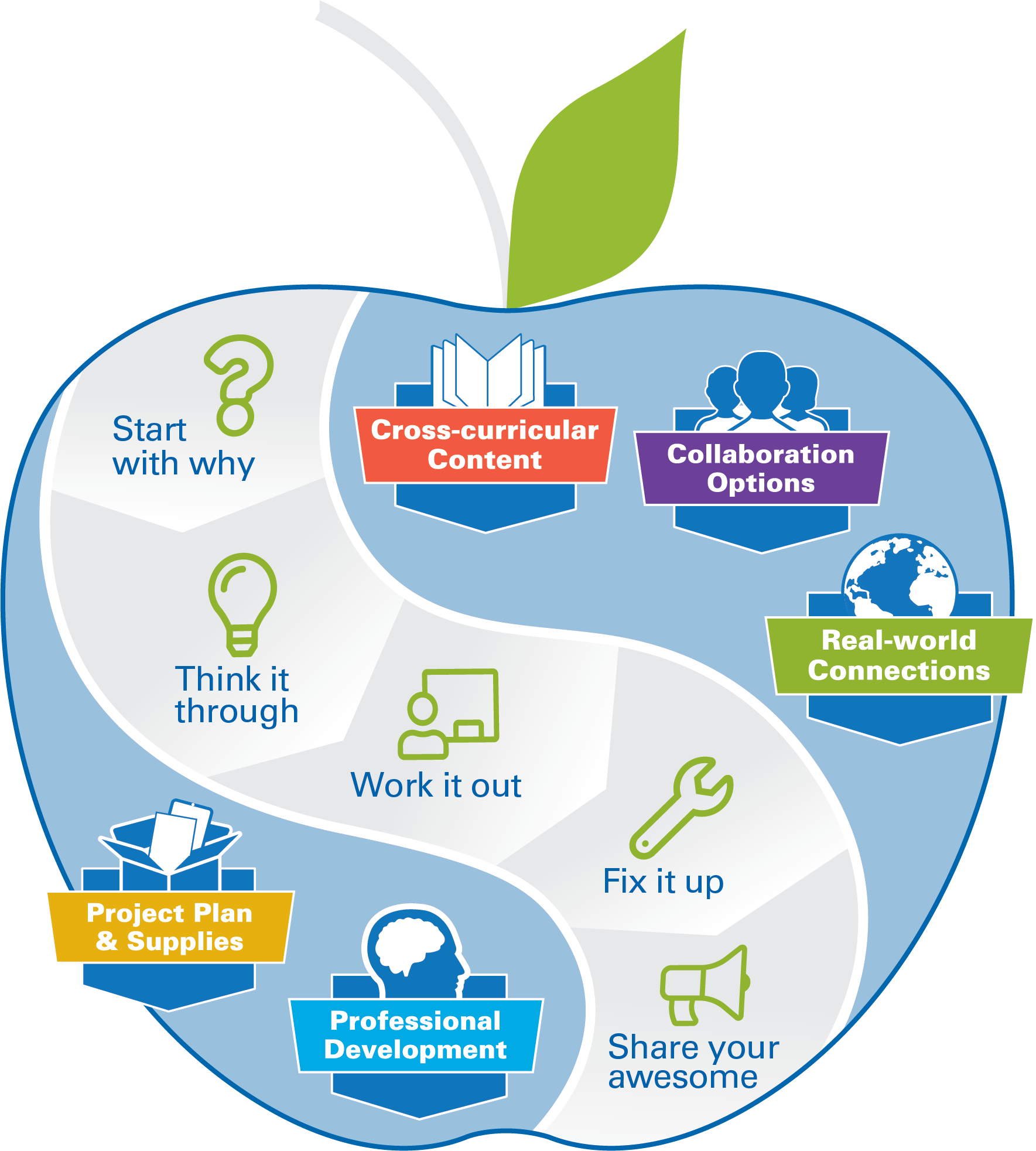
How can help educators to teach listening skills?
Create engaging listening exercises
Assign exercises
Conversation practice
Access to the exercise/resources
Provide detailed feedback via Connect’s feedback functionality.

Let's Practice
Tips to Help Reading Skills
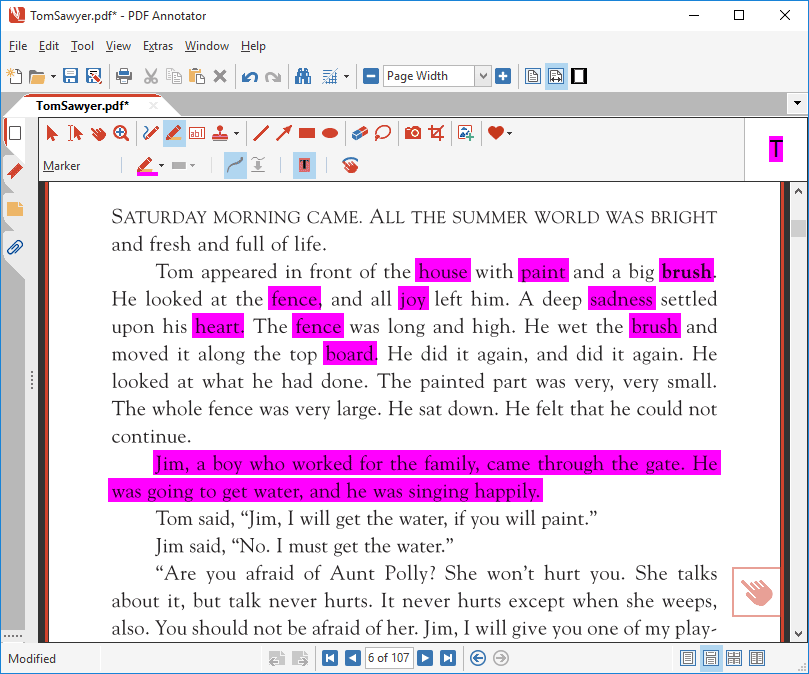
Annotate and highlight text
Highlight and underline valuable information
write notes
stay focused and improve comprehension
write down questions
to define a new word.

Personalize the content
increase their understanding
make personal connections
comprehend the text by helping

Practice problem solving skills
Blend real-world
curriculum
write out solutions to the problem
discuss their ideas

Incorporate more senses
Add in activities
Read with a pen or pencil
Take turns reading out loud
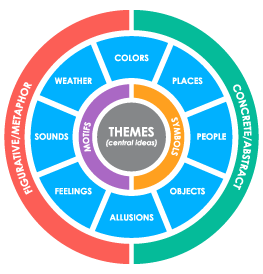
Understand common themes
Look for examples
Share their findings
in-depth

Set reading goals
Reading goals
Example: Make a list
- I will read X number of nonfiction books.
- I will pick a new topic every month and read about it.
- I will read a book by a new author every month.
- I will read X number of books in a specific genre.
- I will read for X minutes every night.
- I will read a chapter every night.
Take action in building reading skills

Read in portions
into pieces
Shorter segments
build confidence
complex subject

Let students guide their reading
reading material and curriculum
reading activities
find improvement
future learning
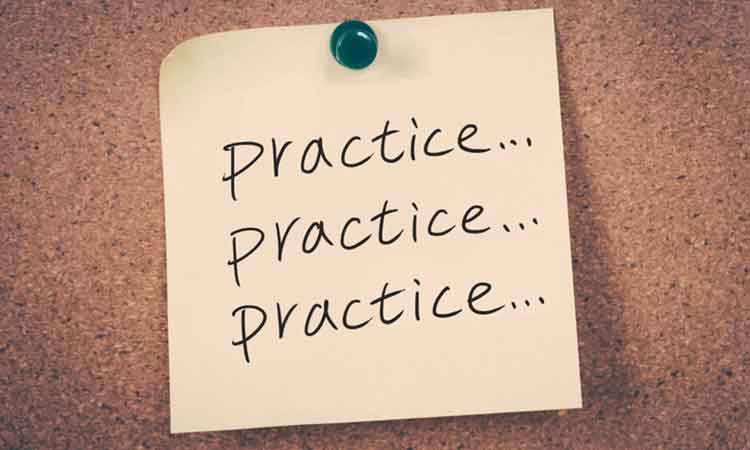
Let's Practice
